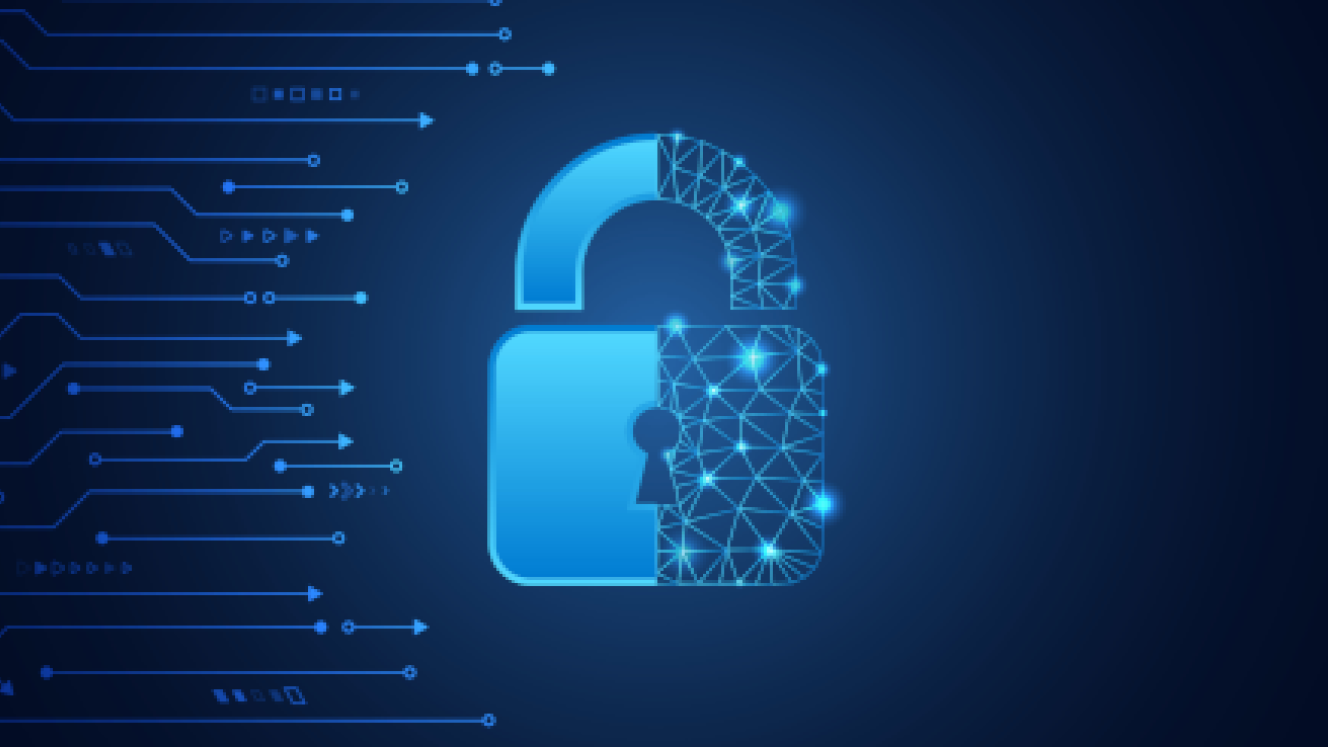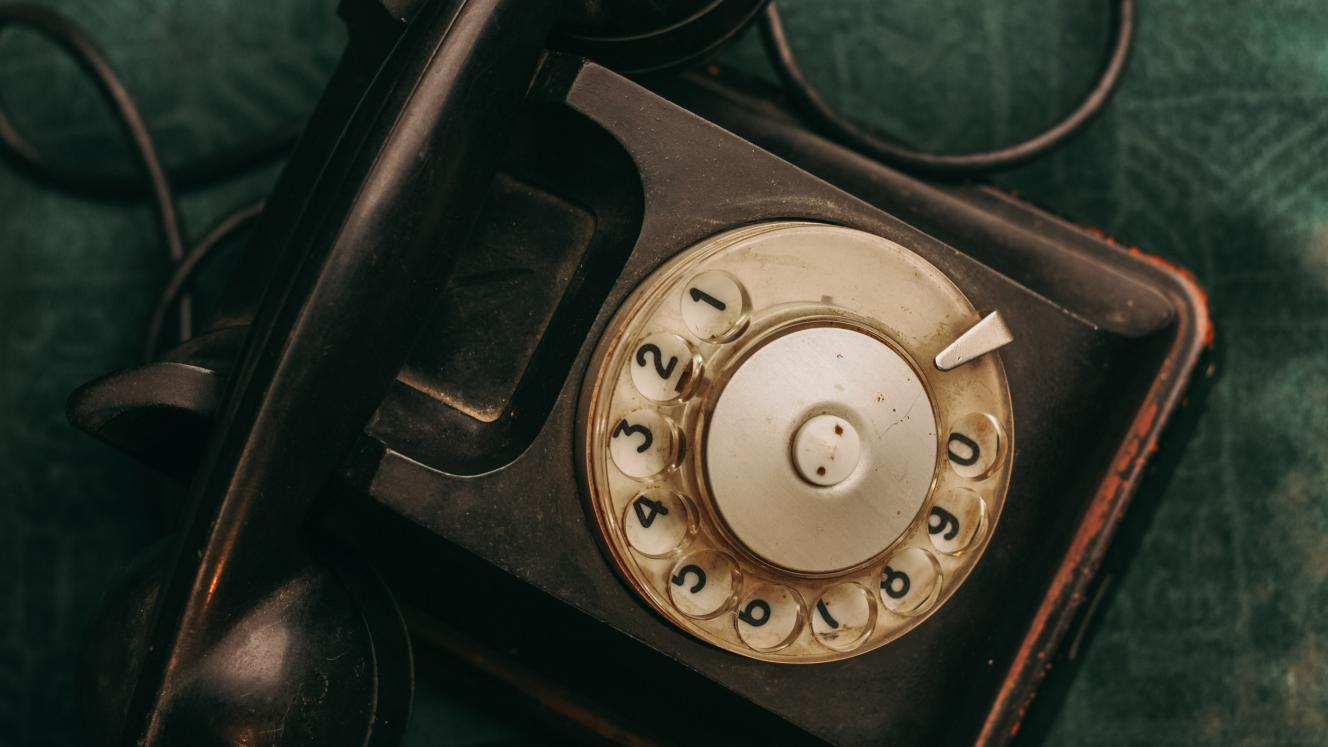Septentrio, a leader in high-precision GNSS positioning solutions, confirmed that its receiver has successfully authenticated navigation data of the first OSNMA encrypted GNSS satellite signal. OSNMA (Open Service Navigation Message Authentication) offers end-to-end authentication on a civilian signal, protecting receivers from spoofing attacks.
Jamming occurs when GPS frequency is overpowered by other RF radiation, which can be emitted by illegal devices called ‘jammers’. Spoofing is a malicious form of jamming where faulty coordinates are sent into the receiver.
OSNMA is being pioneered by the Galileo programme, with Septentrio providing a test bed for this technology from the end user point of view. The anti-spoofing capabilities of OSNMA will complement Septentrio’s already available best-in-class anti-jamming technology AIM+ and further strengthen the overall security of Septentrio GNSS receivers.
“The authentication of the Galileo signal using the OSNMA technology is another 'first' that we are pleased to share with ESA,” commented Bruno Bougard, R&D director at Septentrio.
ESA (European Space Agency) and GSA (European GNSS Agency) have now commenced the testing phase of the OSNMA authentication, which will continue during the coming months.
Global Navigation Satellite Systems include the American GPS, European Galileo, Russian GLONASS, Chinese BeiDou, Japan’s QZSS and India’s NavIC. These satellite constellations broadcast positioning information to receivers which use the signal to calculate their absolute position.














